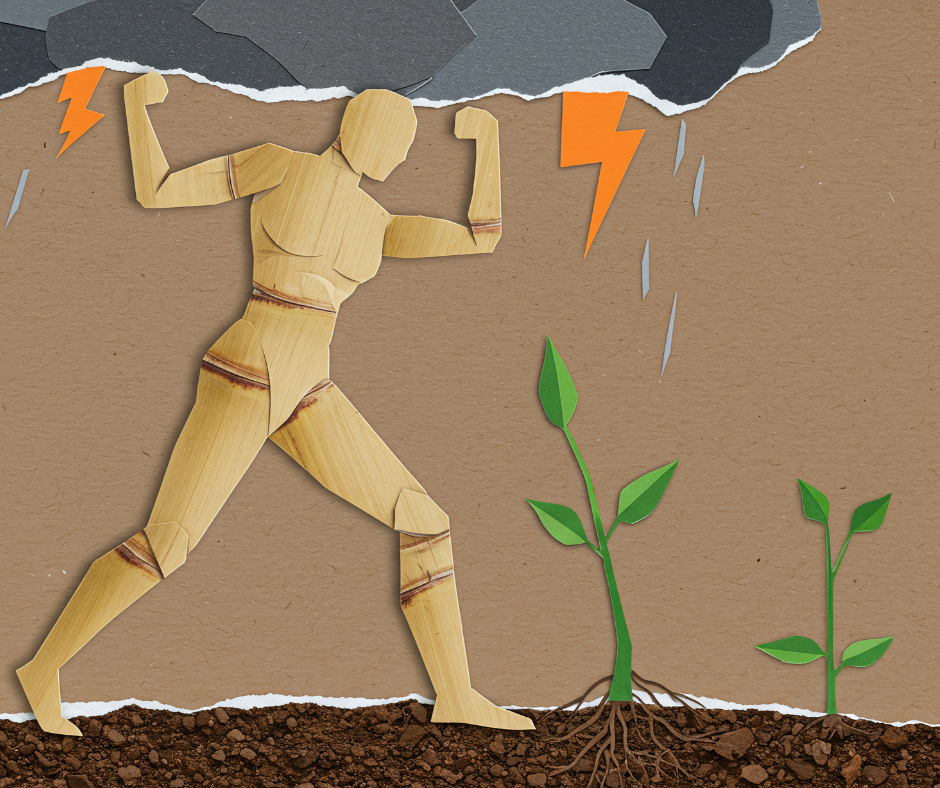In the high-stakes world of law, resilience is not just an advantage — it’s a necessity. The legal profession is demanding, unpredictable, and often unforgiving. Long hours, intense competition, and emotional pressure can wear down even the most passionate lawyers. But those who learn to rise above challenges — who master the art of resilience — don’t just survive; they lead, inspire, and transform the legal landscape.
Today, more than ever, building resilience is the foundation for a successful and fulfilling law career. It’s about staying strong when cases get tough, keeping clarity when emotions run high, and maintaining integrity when faced with adversity.
Understanding Resilience in the Legal Profession
Resilience is the ability to recover quickly from stress, setbacks, or disappointment. In law, it’s the silent power that helps you stay grounded through losses, criticism, or burnout. It’s not about avoiding hardship — it’s about rising stronger each time you fall.
The truth is, every successful lawyer has faced failure, rejection, and frustration. What set them apart wasn’t luck — it was their mindset. Resilience helps lawyers stay committed to justice, even when the path gets difficult.
1. Embrace Growth Over Perfection
Law students and professionals often fall into the perfection trap — believing they must always have the right answer, the perfect argument, or the flawless record. But perfectionism leads to paralysis.
Resilience means understanding that growth matters more than perfection. Every case lost, every argument challenged, is an opportunity to learn, evolve, and sharpen your edge.
2. Build Emotional Intelligence
Legal work is mentally taxing and emotionally charged. Whether you’re dealing with corporate disputes, human rights cases, or family conflicts, emotional control is key.
Resilient lawyers learn to manage their emotions rather than suppress them. They empathize with clients without letting emotions cloud their judgment. Emotional intelligence is the bridge between logic and humanity — and the heart of long-term success in law.
3. Develop a Support System
Behind every resilient professional is a network of mentors, peers, and friends who understand the struggle. Law can feel isolating, but resilience grows when you have people who listen, advise, and uplift you.
Join legal communities, mentorship programs, or professional associations. Talk about challenges, share lessons, and learn from others’ experiences. Remember — strength grows in connection.
4. Prioritize Your Mental and Physical Health
Resilience is not just mental toughness; it’s holistic well-being. A tired, unhealthy mind cannot perform at its best. Lawyers often sacrifice sleep, exercise, and relationships for success — but this only accelerates burnout.
Make your health non-negotiable. Exercise regularly, eat well, take breaks, and practice mindfulness. A strong body fuels a sharp mind, and both are essential for resilience.
5. Stay Purpose-Driven
Resilient lawyers never lose sight of why they started. The law is not just about arguments and verdicts — it’s about justice, fairness, and service. When you anchor your purpose to something greater than personal gain, the challenges become stepping stones, not roadblocks.
Purpose gives resilience meaning. It’s what keeps you fighting when the world seems against you.
6. Adapt to Change with Courage
The legal industry is evolving — technology, globalization, and AI are reshaping the practice. The lawyers of tomorrow will not just know the law; they’ll know how to adapt, innovate, and lead.
Resilience means staying flexible and future-ready. Embrace new tools, learn continuously, and move forward with courage, not fear.
A Call to Action: Be the Lawyer Who Never Breaks
If you’re in the legal field — whether studying, practicing, or aspiring — understand this: your resilience is your power.
The world doesn’t need more lawyers who simply argue cases; it needs lawyers who stand tall under pressure, who rebuild after every storm, who fight for truth even when it hurts.
Be that lawyer.
Invest in your growth.
Guard your mental and emotional strength.
Because in the end, resilience isn’t built in comfort — it’s forged in challenge.





